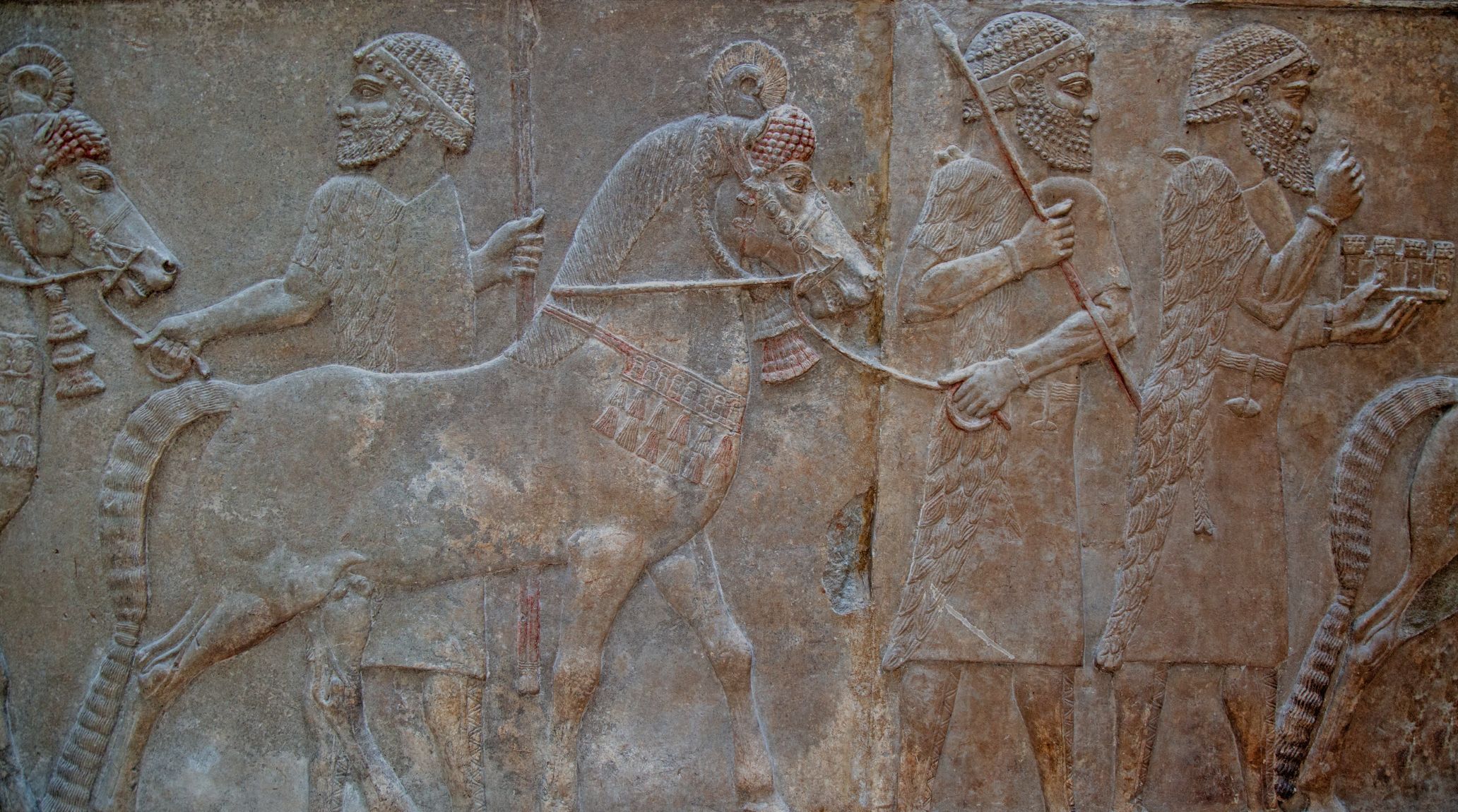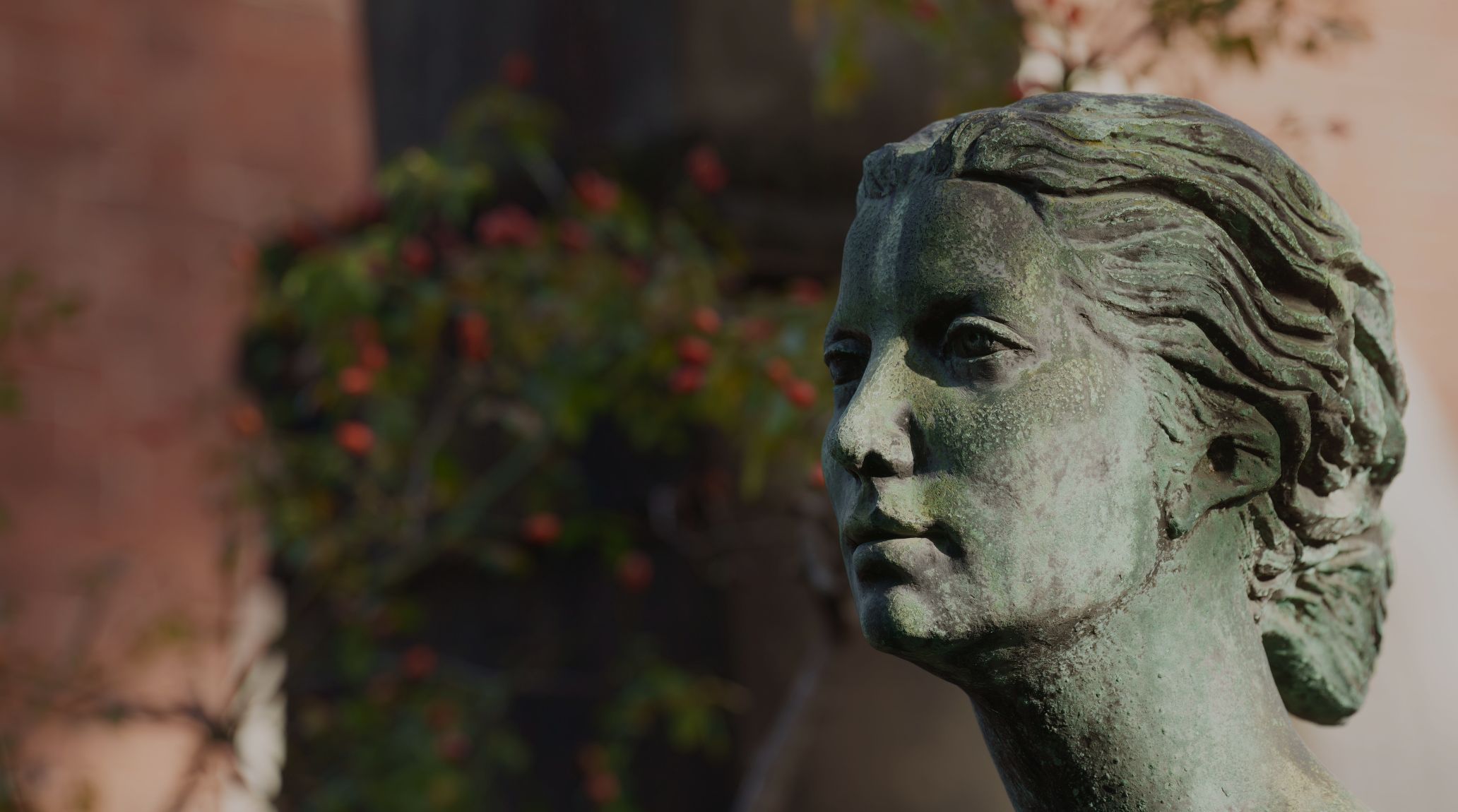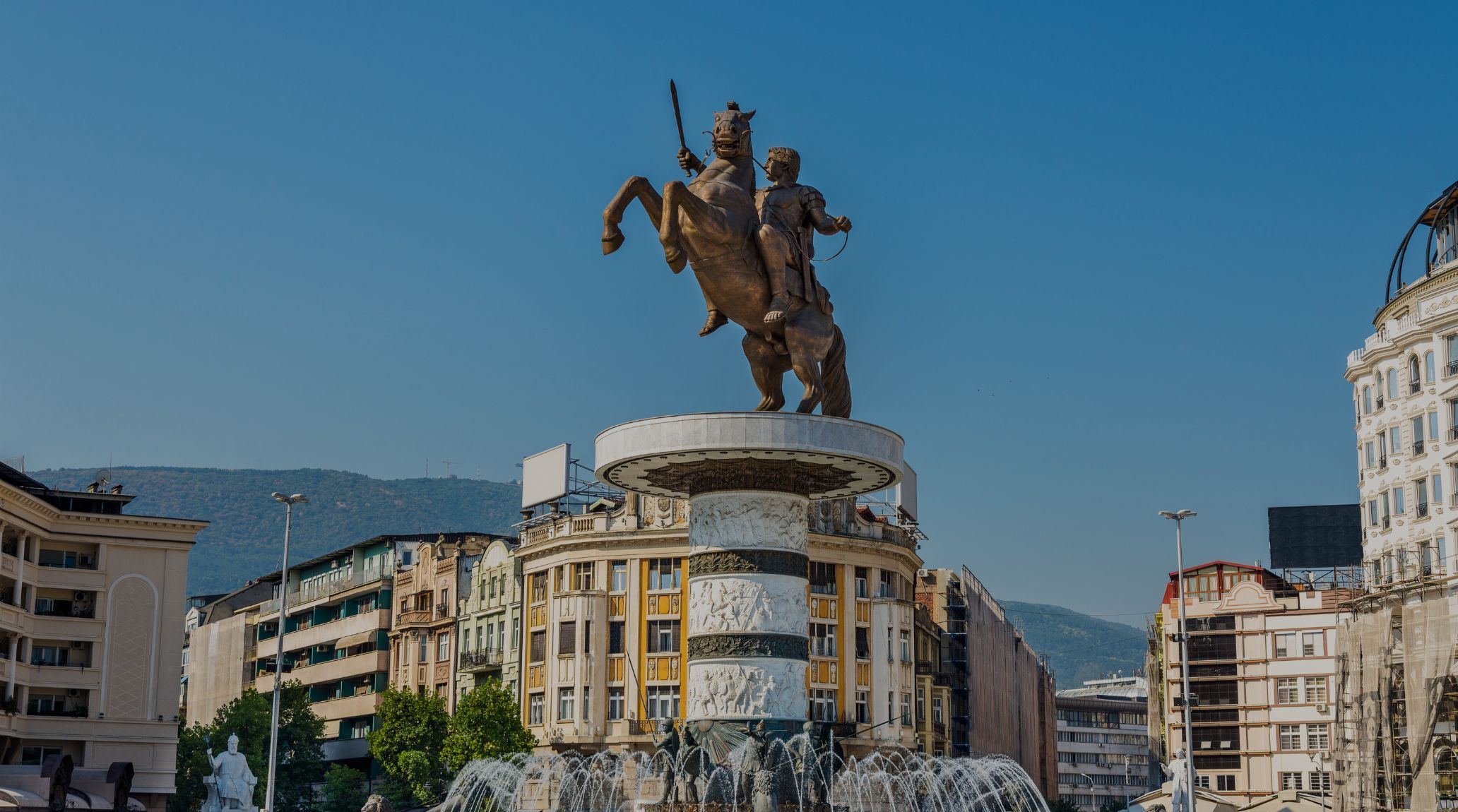
“
The Greek polis, or city-state, was a fundamental aspect of ancient Greek civilization, shaping political, social, and cultural life. From democratic innovations in Athens to the militaristic society of Sparta, each polis had unique characteristics. In this blog, we uncover 20 interesting facts about the Greek polis, revealing how these ancient city-states influenced modern governance and societal structures. 1
1
1
”
Greek city-states, or "poleis," were more than just cities—they functioned as independent political entities, each with its own government, culture, and laws, often acting like mini-countries with unique identities and traditions.1
Athens, the most famous polis, pioneered democracy, allowing citizens to vote on laws directly. However, only free male citizens could participate, excluding women, slaves, and foreigners, who made up a large part of the population.2
Sparta, another prominent polis, was known for its military strength and discipline. Spartan boys began military training at age seven, living in barracks and focusing solely on warfare to defend their city-state.3
The "agora" was the heart of every polis—a bustling marketplace and public square where people gathered not only to shop but also to debate politics, listen to philosophers, and exchange news.4
Greek poleis were often at war with one another, despite sharing a common language and religion. The most famous conflict was the Peloponnesian War between Athens and Sparta, which lasted 27 years and reshaped Greek history.5
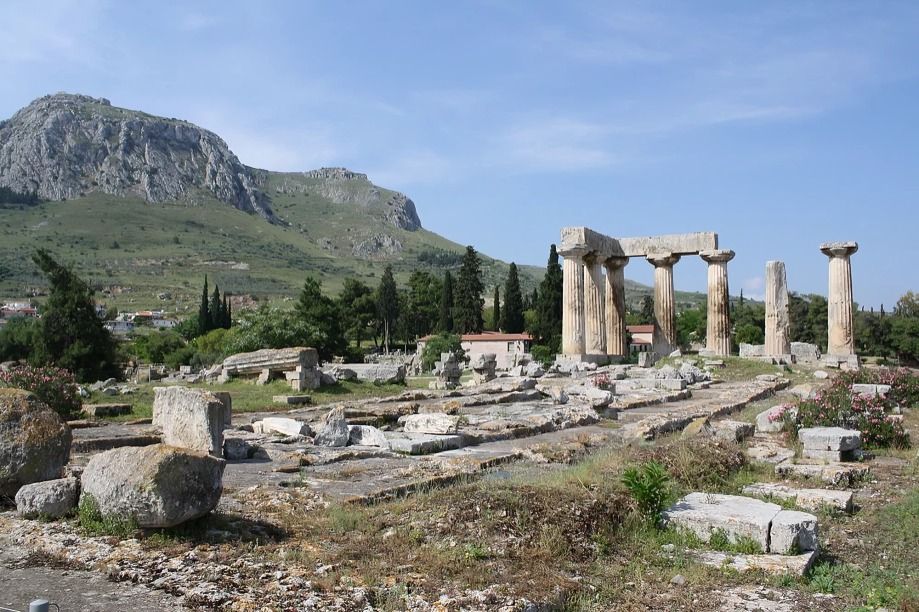
Corinth, a wealthy and powerful polis, was famous for its strategic location and control over trade routes. Its residents were known for their lavish lifestyles, and the city produced exquisite pottery that was sought after across the Mediterranean.
Each polis had a patron god or goddess. Athens, for example, was named after Athena, the goddess of wisdom, while Sparta worshiped Ares, the god of war, reflecting their different societal values and priorities.6
Greek poleis were incredibly small by modern standards. Most had populations of just a few thousand people, with Athens being an exception, reaching up to 300,000 at its peak, though only a fraction were citizens.7
The term "acropolis" refers to the fortified high ground of a polis, typically where temples and important buildings were located. The Acropolis of Athens, with the Parthenon, remains one of the most iconic landmarks of ancient Greece.8
Citizenship in a Greek polis was a prized status that came with both rights and responsibilities. Male citizens were expected to participate in government, serve in the military, and support public works, reflecting their deep sense of civic duty.9
The Greek poleis were incredibly innovative in architecture. Corinthian columns, with their intricate designs, originated in Corinth, while Athens gave the world the Doric and Ionic styles, which still influence modern buildings today.10
Religious festivals were a central part of life in the Greek polis. The Olympic Games, held in Olympia, were one such event where athletes from different poleis competed in honor of Zeus, fostering both competition and unity among city-states.11
Although they were often rivals, Greek poleis came together in the face of external threats. The Persian Wars saw Athens, Sparta, and other city-states unite to repel invasions, marking one of the few times they acted collectively.12
The structure of each polis was carefully planned, with public spaces like the agora and temples often located at the center, surrounded by residential areas. This layout promoted community interaction and civic engagement.13
The concept of the "polis" was so important to the Greeks that it shaped their very identity. They didn’t see themselves as "Greeks" but as "Athenians," "Spartans," or citizens of whichever polis they belonged to.14
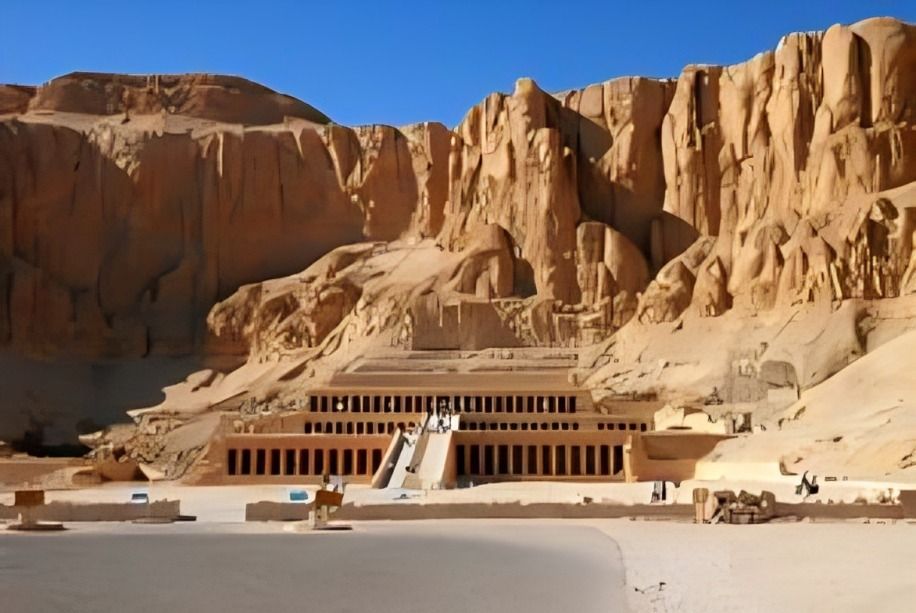
Some poleis, like Thebes, played pivotal roles in Greek history but are often overshadowed by Athens and Sparta. Thebes was known for its elite military unit, the Sacred Band, which was feared across Greece for its skill and discipline.
Many poleis had their own distinctive dialects of Greek, which could vary significantly. This linguistic diversity is a testament to the independence and uniqueness of each city-state, even within a relatively small geographic area.15
The Greek polis system helped to spread Greek culture throughout the Mediterranean. As they established colonies in places like Sicily and Asia Minor, the influence of Greek art, philosophy, and governance spread far beyond the mainland.16
Despite their small size, some poleis became incredibly wealthy through trade and craftsmanship. Corinth was renowned for its bronze works and pottery, while Athens' silver mines were a key source of its wealth and naval power.17
The decline of the polis system began with the rise of Macedon under Philip II and Alexander the Great. The autonomy of the city-states eroded as Greece was unified under a larger kingdom, forever changing the political landscape.18
